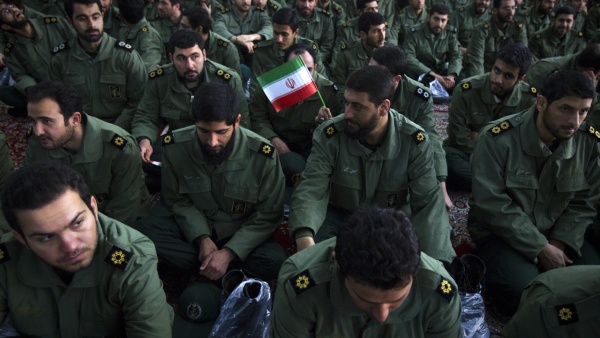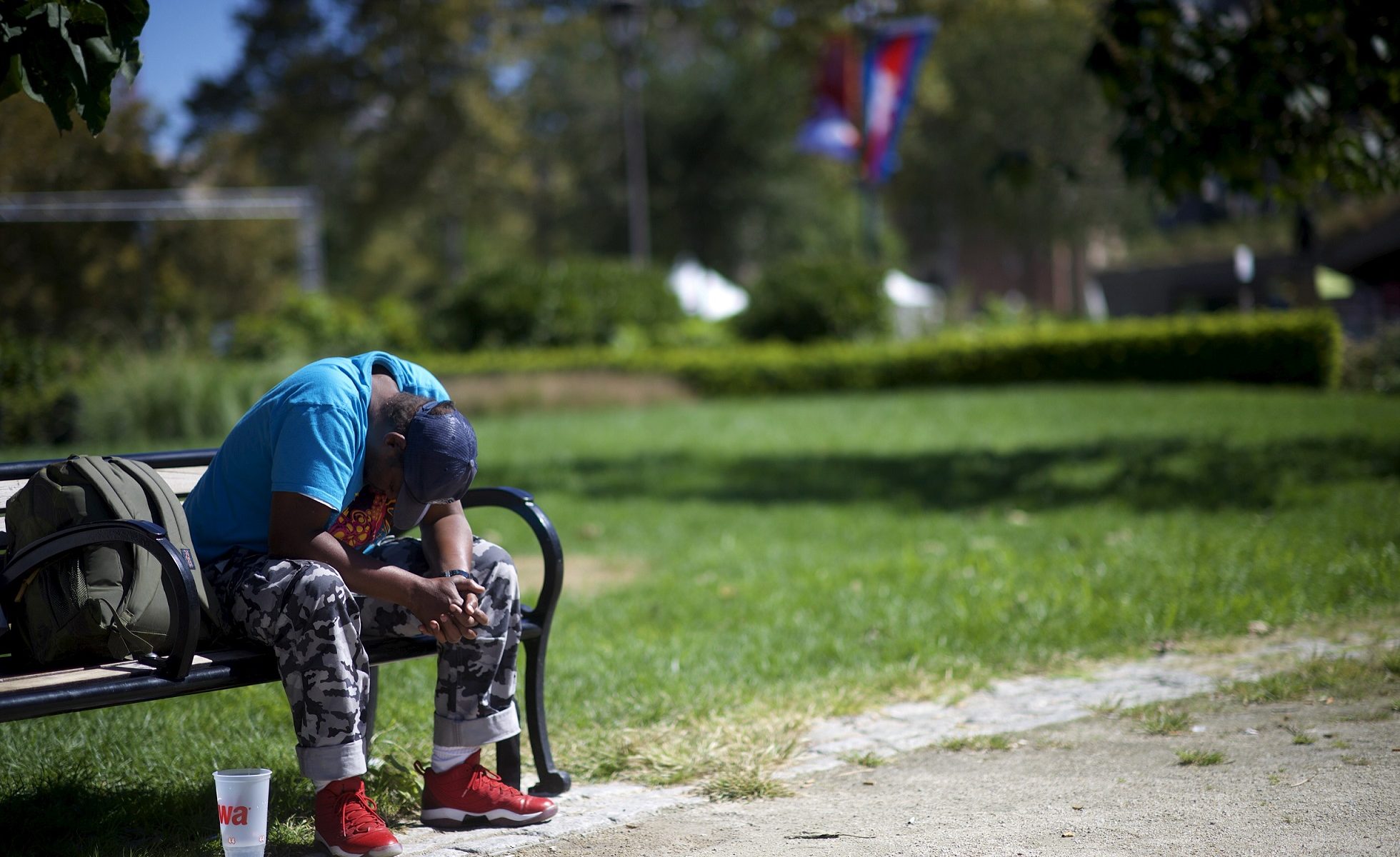By Bruce Riedel, Brookings Institution.
The opinions expressed are those of the author, and do not necessarily reflect the views of Iraq Business News.
What Iran’s Revolution meant for Iraq
The collapse of the shah’s government in Iran in early 1979 impacted the entire world but no country was more affected than Iraq.
Saddam Hussein’s regime was the shah’s deadly enemy and had hosted the Ayatollah Khomeini in exile for years, but Saddam became the top foreign target of the revolutionaries in Tehran once they took power.
Many countries were caught off balance by the Iranian revolution but none got it as wrong as Iraq. Its response—war—led to decades of conflict which have yet to end.
The full report can be read here.
(Source: Brookings Institution)


